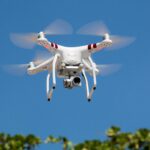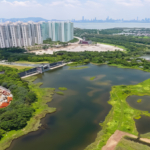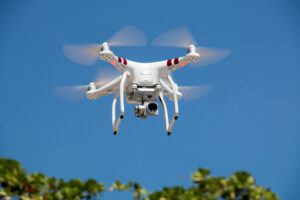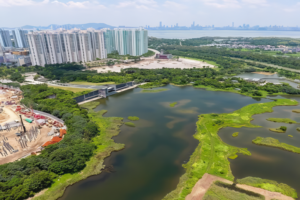The application of smart agriculture in oil palm plantation management has been a long-term strive for environmental protection. The expanding economic development has changed the world dramatically but at the same time, human activities also bring up irreversible effects on the environment. According to UNDP, the 17 SDGs recognize that action in one area will affect outcomes in others and that development must balance social, economic, and environmental sustainability. The pursuit of economic growth has already caused global warming and deprived wildlife habitats and forestry. Leverage of AI becomes one of the feasible initiatives to transform human activities to have a more sustainable production mode.
Anavision technologies resonate with 2030 UN SDGs and work for world well-being. We are committed to being the leading service provider in automated natural and key assets management by leveraging in-house computer vision and analytics solutions to turn data into actionable plans for asset protection and improvement. Regarding SDGs 9 ‘Industry, Innovation and Infrastructure’, Anavision AI-based data analytics technologies will transform human activities to be more sustainable in various aspects. Through unparalleled deep learning on training samples with computer vision analysis regarding targeted industries, we are able to acquire accurate data to monitor concerned issues and identify actionable solutions. Working efficiency will significantly increase with automatic concise outputs that will also help to optimize industries’ resource allocation.
In the aspect of smart agriculture, Anavision tech helps the oil palm industry to have a more sustainable production mode. Oil palm is a vital crop for many countries where it offers income, employment, and food security for millions of people. It is also far more productive than other vegetable oil crops by using less land resources. The growing demand for palm oil is one of the biggest challenges facing forests and wildlife due to the continuous expansion of plantations. To have a high yield performance means to burn down the natural forests and peatlands. However, an excessive amount of greenhouse gas emission from burning will raise serious concerns about air and water quality. The use of synthetic fertilizers and pesticides to boost the yield may lead to soil degradation over time.

Anavision comes up with different smart environment solutions that adopt the latest visual and analytics technologies to track, monitor, control, and predict environmentally harmful activities in real-time. Regarding the effects of oil palm plantations, Anavision AI-powered software Smart Oil Palm Intelligence (SOPI) utilizes advanced spatial algorithms and computer vision analytics to provide intelligent insights on oil palm management. SOPI’s computer vision analysis will draw accurate data on the current oil palm state and help managers to grasp the ongoing land use condition. Through SOPI, landowners can monitor the plantations with an early intervention to emerging issues and have an prompt action to prevent degradations.
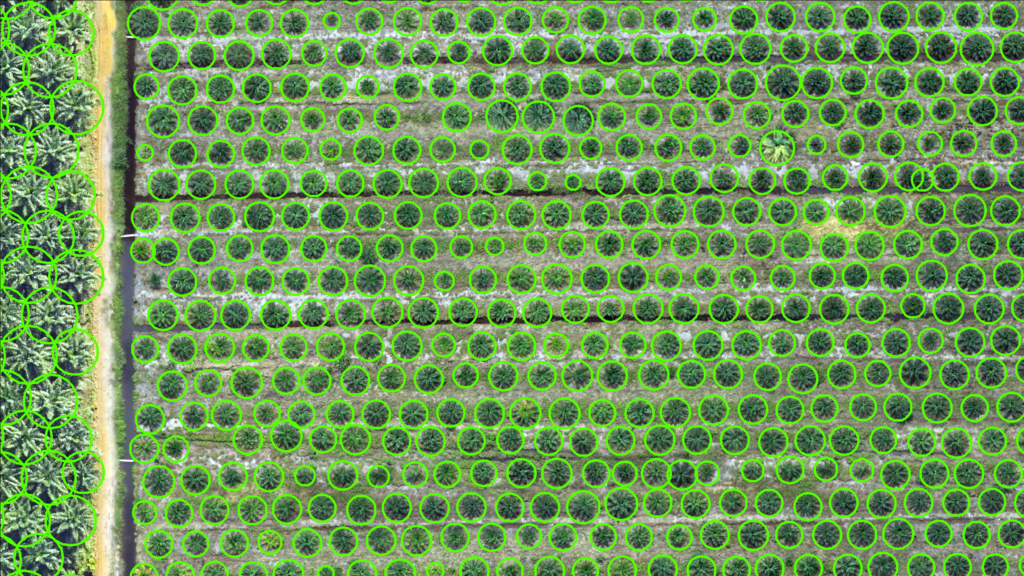
Anavision calls for SDGs 12 ‘Responsible Consumption and Production’ that helps the palm oil industry to incorporate sustainable production. The application of AI can optimize land resource management and reduce the overexploitation of natural resources. In the case of oil palm management, AI involvement will help to increase the accuracy and efficiency of repetitive work tasks and reduce the labor wage per cost in the long run. A full-scale detection through remote sensing images over the whole plantation area will offer a clear picture of the current plantation state. By the combination of SOPI’s provided features, SOPI will work on different tasks at the same time on the detected plantation remote sensing image. Data on planting distance visualizes the current land spatial arrangement and optimizes land use to protect the conservation areas from exploitation and save natural resources.

Just as how SOPI addresses plantation areas can prevent unnecessary burning, SOPI will also contribute to optimizing agricultural resource allocation. As pointed out by UNDP, agriculture is the biggest user of water worldwide, and irrigation now claims close to 70 percent of all freshwater for human use. SOPI’s features are in line with SDGs 6 ‘Clean Water and Sanitation’ to reduce water contamination by human activities. SOPI’s Blank Spot Analysis can visualize landowners of their plantation layouts and planting distance in between each oil palm. Data on canopy size and planting distance of oil palm allows for an accurate prediction of the yield performance. Users then will have a clearer picture of the needed amount of water and fertilizers and optimize the irrigation and nutrition process directly to each plantation point. Such optimization helps to minimize waste production, allocate resources more efficiently, and reduce water contamination from excessive agricultural waste runoff.
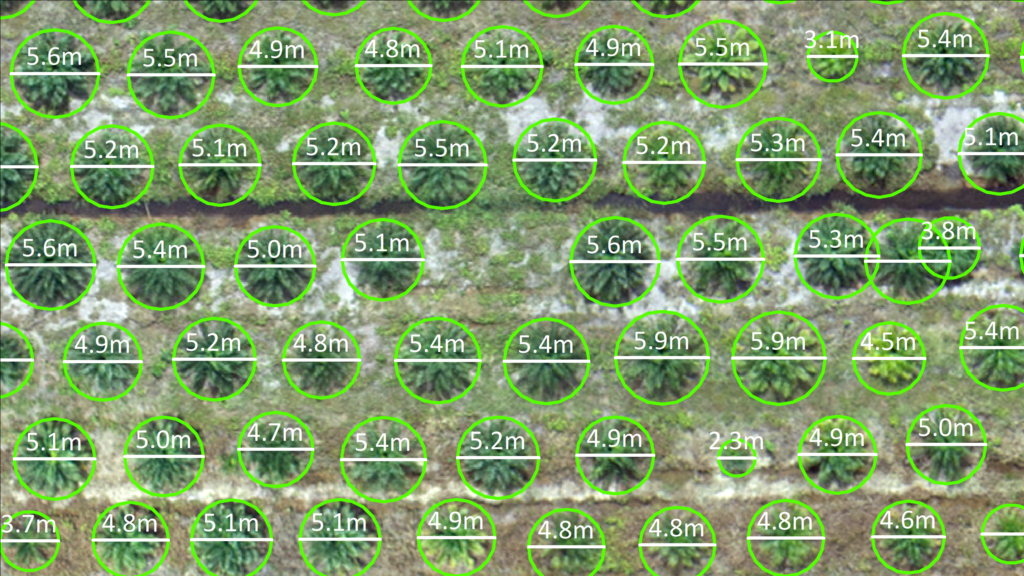
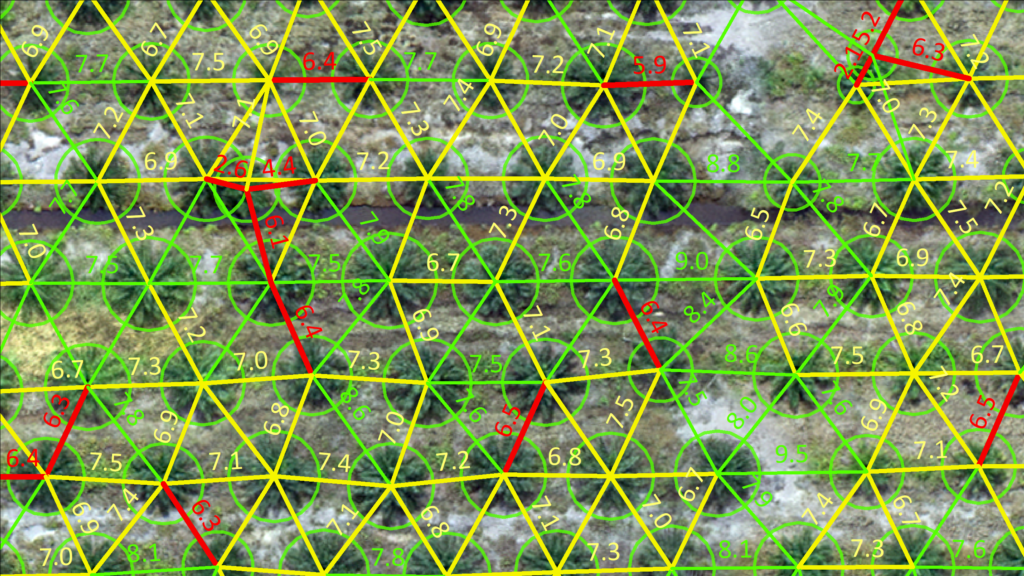
Along with the UN SDGs, Anavision AI model, SOPI, helps palm oil industries to identify and detect the existing issues which may consume more resources for the traditional manual methods. Palm oil undeniably serves for people’s everyday convenience, but having a sustainable production mode can guarantee long lasting benefits for global well-being. Unparalleled deep learning bears a flexibility that can customize for various datasets and detect concerned issues. Stay tuned for SOPI’s coming features!
Feel free to visit our website for more information about SOPI: https://anavision.com/deep-learning-based-smart-oil-palm/
References:
- Sustainable development goals: United Nations Development Programme. UNDP. (n.d.). https://www.undp.org/sustainable-development-goals?gclid=CjwKCAjw1t2pBhAFEiwA_-A-NCNlL8h7fduqllD3UnEzGc2V6lIkaw8w3a34c4lqDvKnPwsLNSnoNBoCS7sQAvD_BwE


